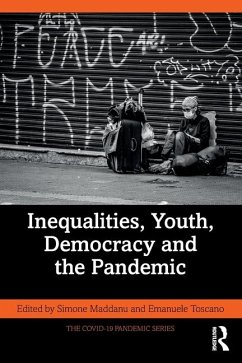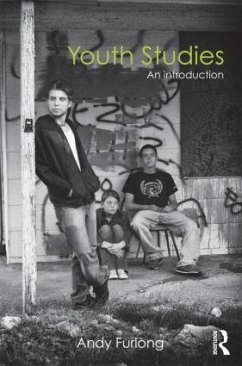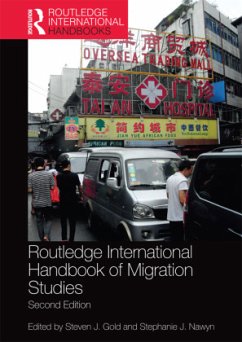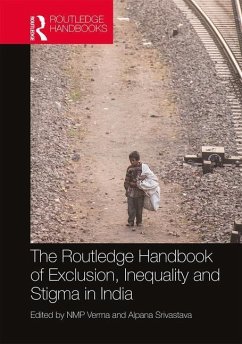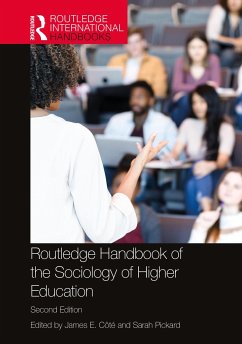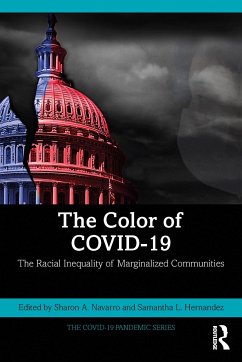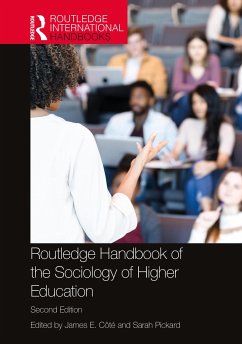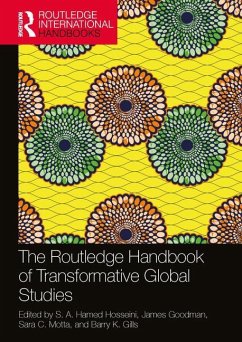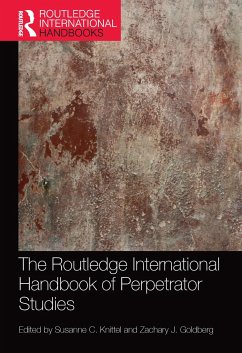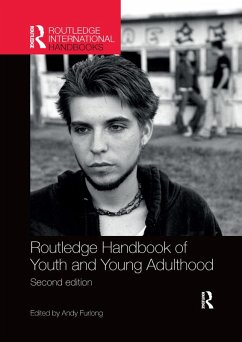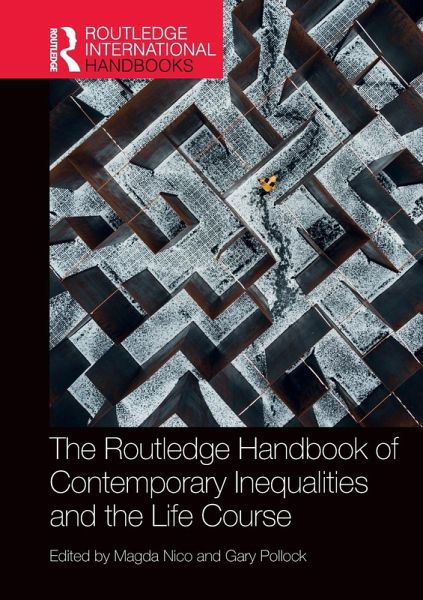
The Routledge Handbook of Contemporary Inequalities and the Life Course
Versandkostenfrei!
Versandfertig in 6-10 Tagen
47,99 €
inkl. MwSt.

PAYBACK Punkte
24 °P sammeln!
Drawing upon perspectives from across the globe and employing an interdisciplinary life course approach, this handbook explores the production and reproduction of different types of inequality across a variety of social contexts.Inequalities are not static, easily measurable, and essentially quantifiable circumstances of life. They are processes which impact on individuals throughout the life course, interacting with each other, accumulating, attenuating, reproducing, or distorting themselves along the way. The chapters in this handbook examine various types of inequality, such as economic, ge...
Drawing upon perspectives from across the globe and employing an interdisciplinary life course approach, this handbook explores the production and reproduction of different types of inequality across a variety of social contexts.
Inequalities are not static, easily measurable, and essentially quantifiable circumstances of life. They are processes which impact on individuals throughout the life course, interacting with each other, accumulating, attenuating, reproducing, or distorting themselves along the way. The chapters in this handbook examine various types of inequality, such as economic, gender, racial, and ethnic inequalities, and analyse how these inequalities manifest themselves within different aspects of society, including health, education, and the family, at multiple levels and dimensions. The handbook also tackles the global COVID-19 pandemic and its striking impact on the production and intensification of inequalities.
The interdisciplinary life course approach utilised in this handbook combines quantitative and qualitative methods to bridge the gap between theory and practice and offer strategies and principles for identifying and tackling issues of inequality. This book will be indispensable for students and researchers as well as activists and policy makers interested in understanding and eradicating the processes of production, reproduction, and perpetuation of inequalities.
Inequalities are not static, easily measurable, and essentially quantifiable circumstances of life. They are processes which impact on individuals throughout the life course, interacting with each other, accumulating, attenuating, reproducing, or distorting themselves along the way. The chapters in this handbook examine various types of inequality, such as economic, gender, racial, and ethnic inequalities, and analyse how these inequalities manifest themselves within different aspects of society, including health, education, and the family, at multiple levels and dimensions. The handbook also tackles the global COVID-19 pandemic and its striking impact on the production and intensification of inequalities.
The interdisciplinary life course approach utilised in this handbook combines quantitative and qualitative methods to bridge the gap between theory and practice and offer strategies and principles for identifying and tackling issues of inequality. This book will be indispensable for students and researchers as well as activists and policy makers interested in understanding and eradicating the processes of production, reproduction, and perpetuation of inequalities.



